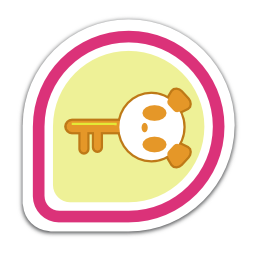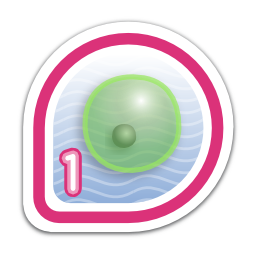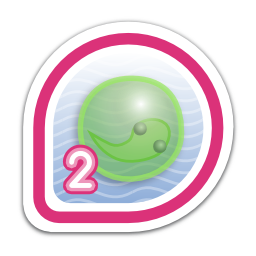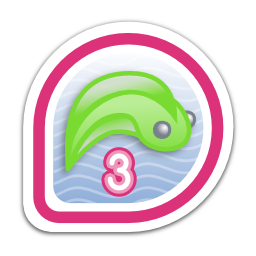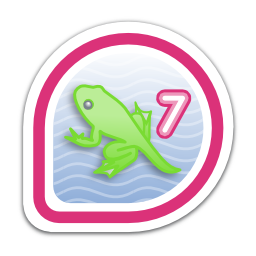From Fedora Project Wiki
Passthejoe (talk | contribs) |
Passthejoe (talk | contribs) |
||
| Line 9: | Line 9: | ||
** 3) Fedora offers a great development environment, and it should only get better with the [[Fedora.next]]-spawned [[Workstation]] release | ** 3) Fedora offers a great development environment, and it should only get better with the [[Fedora.next]]-spawned [[Workstation]] release | ||
** 4) Fedora's [[Anaconda]] installer allows you to create a fully encrypted Linux system in a dual-boot environment, something not possible with the Debian and Ubuntu installers. (Note: You can also do this in RHEL/CentOS/Scientific Linux) | ** 4) Fedora's [[Anaconda]] installer allows you to create a fully encrypted Linux system in a dual-boot environment, something not possible with the Debian and Ubuntu installers. (Note: You can also do this in RHEL/CentOS/Scientific Linux) | ||
== Why "passthejoe"? == | == Why "passthejoe"? == | ||
Revision as of 23:28, 13 January 2015
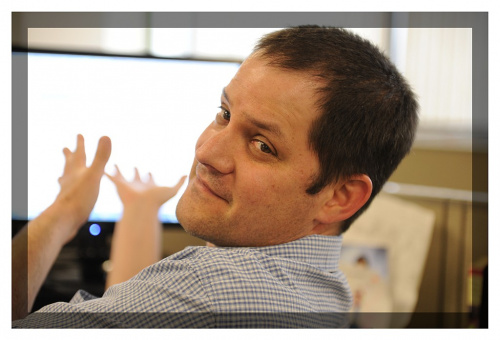
My real name is Steven Rosenberg, and here are my talking points
- I used Fedora in the 13-14 cycle when I got my first non-ancient laptop in 2011, bailed for Debian when the graphics going got tough and came back to Fedora 18 when the old laptop died suddenly and I got a new one in 2013. I have continued with Fedora through the 19, 20 and 21 releases (upgrading successfully by FedUp each time).
- I work in digital journalism for a company that produces print newspapers as well as web sites.
- I use Fedora both for work and at home, where I am a heavy user of multimedia.
- Fedora's greatest strengths:
- 1) The community. Really. I'm not just saying that. Fedora people are unfailingly welcoming, helpful, smart and just plain nice
- 2) This is a great system for new hardware, offering new kernels throughout the release cycle in an environment with more stability than you might expect
- 3) Fedora offers a great development environment, and it should only get better with the Fedora.next-spawned Workstation release
- 4) Fedora's Anaconda installer allows you to create a fully encrypted Linux system in a dual-boot environment, something not possible with the Debian and Ubuntu installers. (Note: You can also do this in RHEL/CentOS/Scientific Linux)
Why "passthejoe"?
I love the music of Joe Pass and coffee, the drink.
My Fedora Badges (yeah, it's all about the stinkin' badges)
Read stuff I write
I write about Fedora and a few other things in these blogs:
- Frugal Technology, Simple Living and Guerrilla Large-Appliance Repair
- Click: Technology and Its Discontents
Contact me
stevenhrosenberg at gmail





